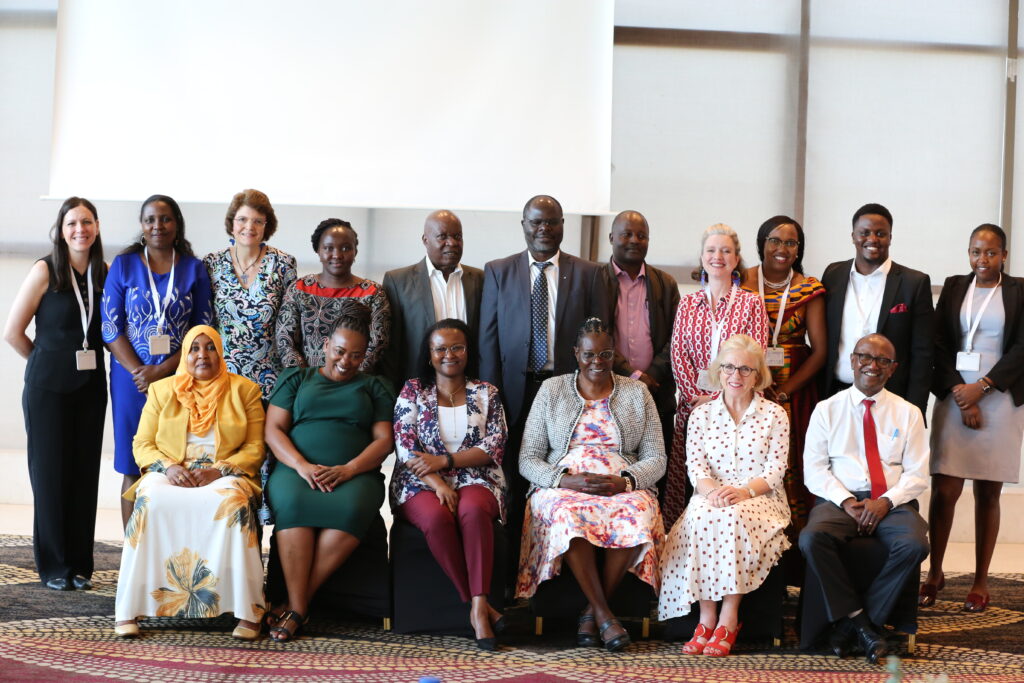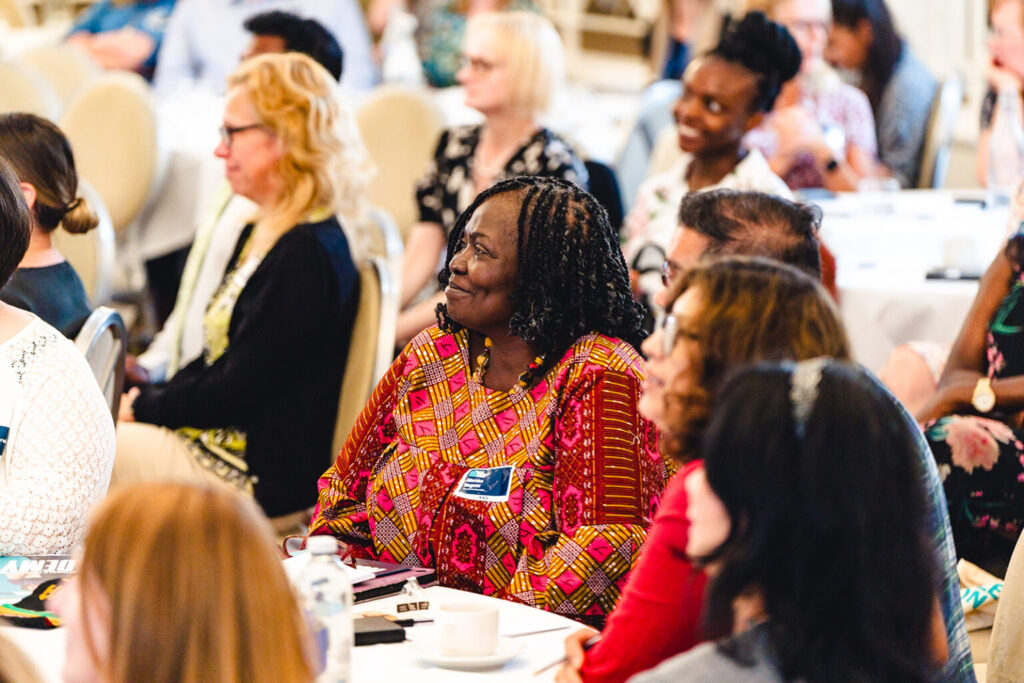On 12 May, International Nurses Day, the World Health Organization (WHO) and the International Council of Nurses (ICN) released the long-awaited new State of the World’s Nursing 2025 report.
Unprecedented Pressures on Global Nursing Workforce
Despite commitments made following the pandemic, the global nursing workforce continues to face huge pressures. The report highlights that:
- There remains a global nursing shortage of 5.8 million nurses.
- There is widening disparity between high and low-income countries, including nursing density ratios, capacity and working conditions.
- 82% of the responding countries globally reported the presence of Global Chief Nursing officers, up from 71% in State of the World’s Nursing 2020 report. However, these positions vary in ministerial responsibility and accountability.
- Approximately two-thirds of the responding countries reported the existence of nursing leadership development programmes but there is a notable difference by income classification: 80% of the responding High-income Countries reported having nursing leadership development programmes, compared with only 25% of Low-Income Countries.
- There is continued international mobility and migration of nurses. Approximately one in seven practising nurses was born in another country.
- Digital transformation in healthcare delivery is highlighted as an emerging priority.
- There exists substantial differences and inconsistency in APN education and regulation around the world.
Urgent Need for Investment in Nursing Leadership
As a charity dedicated to supporting the leadership development of nurses and midwives, Florence Nightingale Foundation (FNF) welcomes the report’s recognition of progress in strengthening nursing leadership globally. However, we share the report’s concern that far more must be done to increase both the proportion and influence of nurses in senior health and academic roles, as well as the call to invest in the next generation of nursing and midwifery leaders.
We also reiterate the need to address inequalities between high and low income countries, particularly in regard to leadership development opportunities. We need to ensure that nurses and midwives everywhere are empowered to lead change, shape policy, and build sustainable health systems.
Professor Greta Westwood CBE, Chief Executive Officer of FNF, said “The 2025 State of the World’s Nursing Report reveals both concerning trends and promising opportunities that demand our collective attention. This must be underpinned with substantial investment in leadership development. Our experience demonstrates that empowered nurses drive innovation and improve outcomes, yet this potential remains largely untapped globally and requires strong leadership. As we navigate the complex challenges, I call on policymakers and health system leaders worldwide to recognise that investing in nursing is not merely a cost, but the foundation of resilient, accessible healthcare for all. Transformative action is now essential, and nurse leaders can drive this change.”
It was in response to the previous State of the World’s Nursing report, in 2020, that FNF launched ‘FNF Global’.
Our global Scholarship programme supports the leadership development of aspirant Global Chief Nursing Officers from the Philippines to Australia to Zimbabwe. It provides Scholars the opportunity for collaboration and networking on a global platform, leading change projects and developing and influencing new policy and strategic decisions.
FNF also worked with partners to strengthen nursing and midwifery leadership across Kenya, and this year we are starting a similar programme with nurses and midwives across Malawi.

Dr Natasha North, FNF’s Director of Academy, said “Our nursing and midwifery workforce is truly a global workforce. It’s an honour for FNF to partner with colleagues including the Nursing Council of Kenya, the Nurses and Midwives Council of Malawi, and national ministries of health. Feedback has demonstrated outstanding achievements in strengthening leadership capacity among mid-level nurse and midwife managers in Kenya, contributing directly to national priorities and health system strengthening. Continued investment to strengthen leadership is vital to keeping skilled nurses and midwives in the professions.”
Next Steps
This is a complex report with global implications. Over the coming months, we’ll be working with our FNF Academy members based in the UK and around the world to reflect on its findings and how it will shape our work moving forward. You can be part of the conversation by joining our tailored members webinar later this year.
